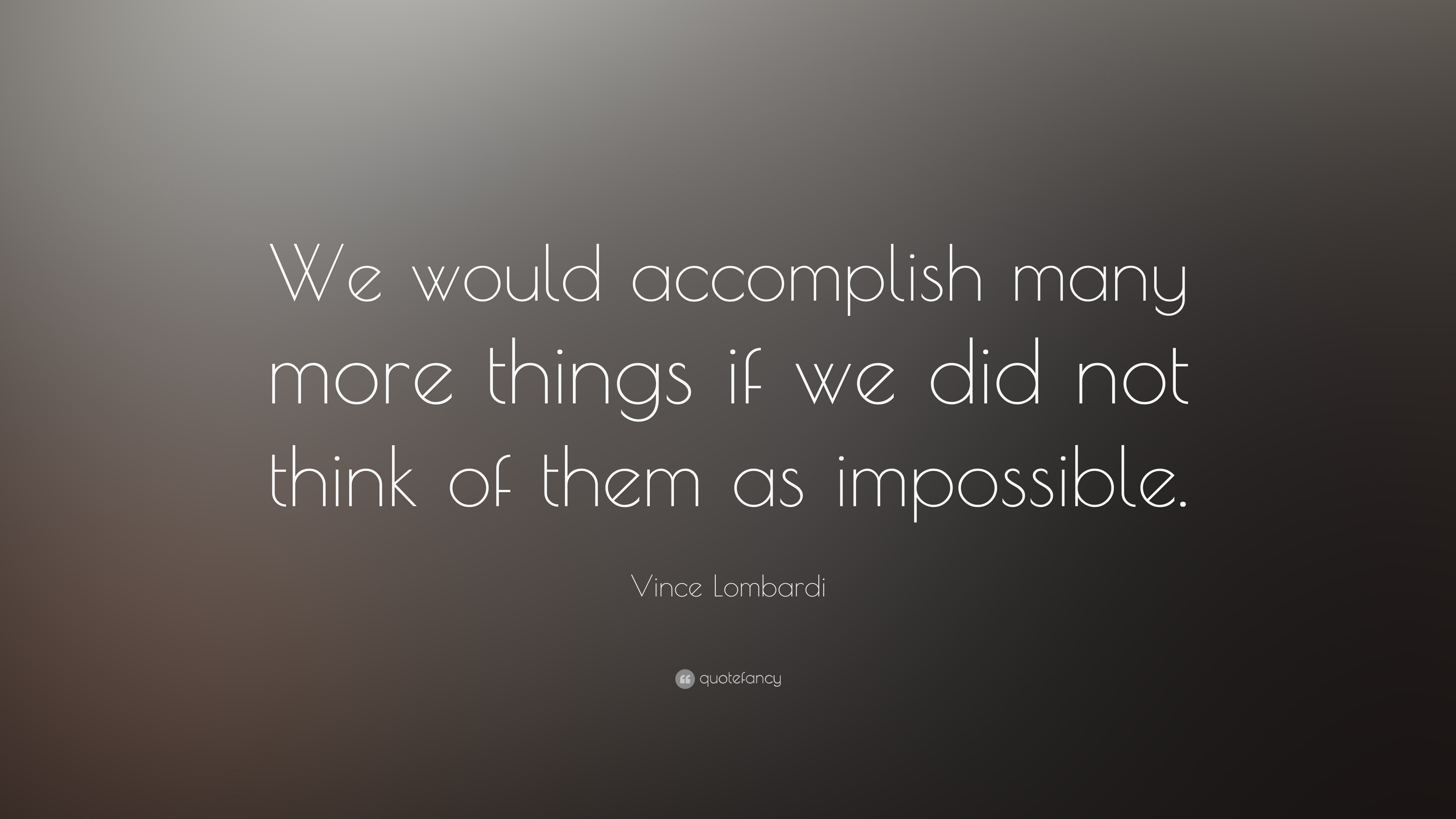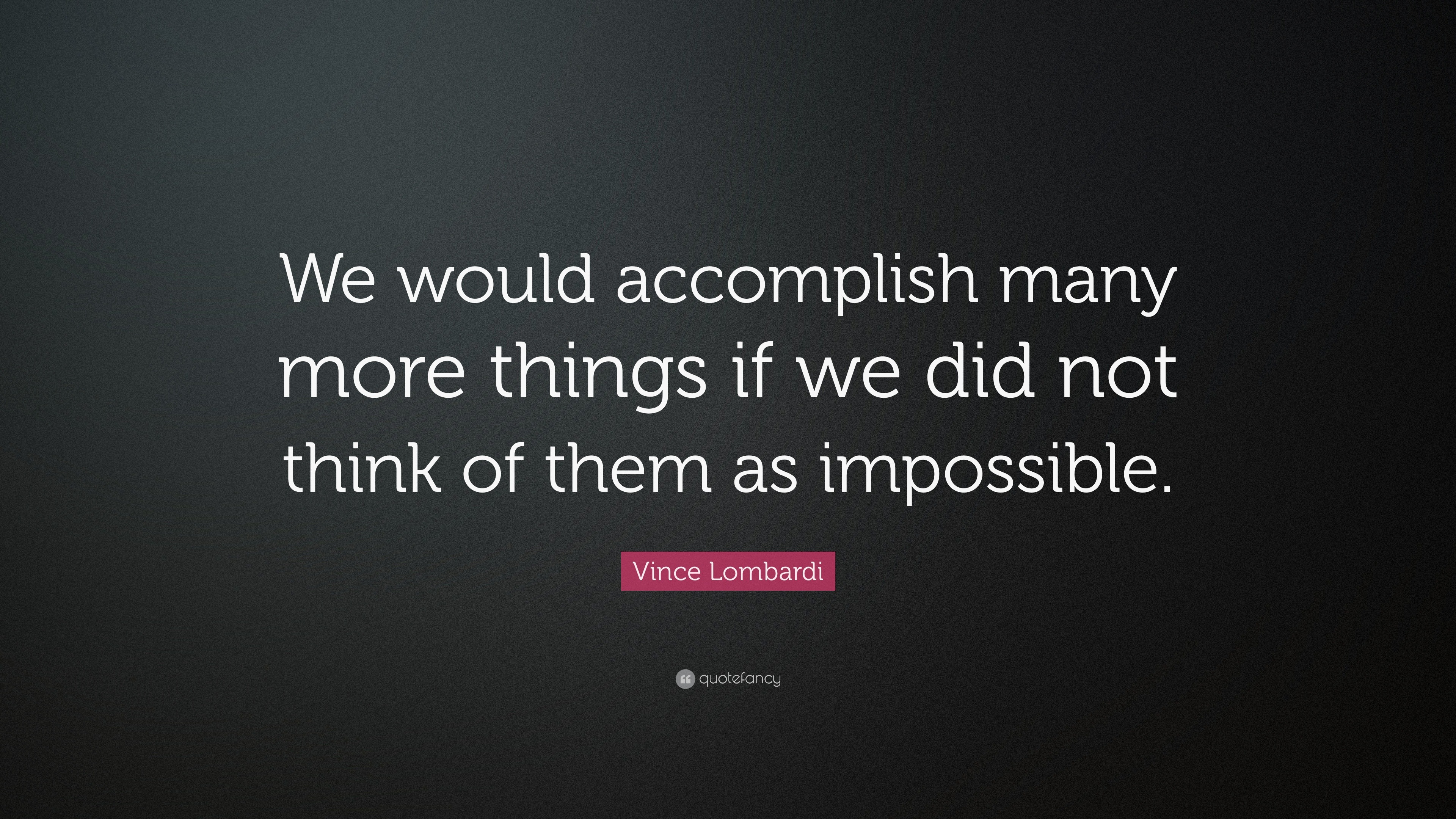Exploring Topics More: What To Do When We Did Not Find Results For
Ever felt like you're stuck in a search limbo? You type in your query, hit enter, and BAM—nothing. Or worse, you get a cold, impersonal message saying "We did not find results for." It's frustrating, right? Like, why can't the internet just give us what we need when we need it? But here's the thing—searching isn't always about finding immediate answers. Sometimes, it's about exploring topics more deeply, diving into the unknown, and uncovering gems that weren't obvious at first glance. Let's face it, life's most rewarding moments often come from the unexpected paths we take.
Now, I know what you're thinking—"But Anderson, I don't have time for this exploration business. I just need the dang answer!" Trust me, I get it. We live in a world where instant gratification is king. But what if I told you that by exploring topics more thoroughly—even when it seems like there are no results—you can unlock insights and knowledge that could change the way you see the world? Sounds kinda wild, right? Stick with me, though, because this journey is about to get interesting.
Before we dive headfirst into how to navigate those "we did not find results for" moments, let's take a step back and talk about why it happens. Search engines aren't perfect, and neither are we as searchers. Sometimes our queries are too narrow, too vague, or just plain off the mark. Other times, the information we're looking for simply doesn't exist in the form we expect. But instead of throwing in the towel, we can turn these moments into opportunities for growth and discovery. So buckle up, because we're about to explore topics more than ever before!
Understanding the "We Did Not Find Results For" Dilemma
Let's break it down. When you see that dreaded "we did not find results for" message, it's usually because one of two things happened: either your search terms didn't match any indexed content, or the content exists but isn't optimized for search engines to find it. Now, this might sound technical, but bear with me. Think of it like going to a library and asking for a book that isn't cataloged properly. It's there somewhere, but without the right system, you'd never know it.
Why Does This Happen?
There are several reasons why you might encounter this issue. First, your search query could be too specific or niche. For example, searching for "best purple widget in Canada" might not yield results if no one has written about it yet. Second, the content you're looking for might exist, but it's buried under layers of SEO clutter. Third, and perhaps most frustratingly, the information simply might not exist online—at least not in the way you're searching for it.
How to Avoid Getting Stuck
So, how do you avoid getting stuck in this loop? Simple: broaden your search terms. Instead of laser-focusing on "purple widgets," try "widgets for sale" or "custom widget designs." You'll be surprised at how much more information becomes available when you loosen the reins a little. Plus, by doing this, you open yourself up to discovering related topics that might be even more valuable than what you originally set out to find.
Strategies for Exploring Topics More
Now that we've covered the basics, let's dive into some strategies for exploring topics more effectively. Whether you're a student, a professional, or just someone trying to satisfy their curiosity, these tips will help you navigate the vast ocean of information out there.
1. Start with Broad Keywords
When you're searching for something, start with broad keywords and gradually narrow them down. For example, if you're researching "exploring topics more," begin with general terms like "research strategies" or "information discovery." Once you've gathered some context, you can refine your search to focus on specific aspects of the topic.
2. Use Synonyms and Variations
Don't be afraid to mix things up! If "we did not find results for" keeps popping up, try using synonyms or variations of your original query. For instance, instead of "exploring topics more," you could search for "deepening your knowledge" or "expanding your expertise." These slight tweaks can make a big difference in your search results.
3. Leverage Long-Tail Keywords
Long-tail keywords are longer, more specific phrases that often yield better results. For example, instead of searching for "exploring topics," try "how to explore topics more effectively." These longer phrases tend to be less competitive and more likely to lead you to relevant content.
Tools and Resources to Enhance Your Search
Of course, no exploration journey is complete without the right tools. Here are a few resources that can help you explore topics more efficiently:
- Google Scholar: Perfect for academic research, Google Scholar indexes scholarly articles, theses, and conference papers.
- Quora: A community-driven platform where people ask and answer questions on a wide range of topics.
- Reddit: Dive into niche subreddits to find discussions and insights from experts and enthusiasts alike.
- Wikipedia: While not always the most reliable source, Wikipedia can be a great starting point for understanding complex topics.
Case Studies: Real-Life Examples of Exploring Topics More
To illustrate the power of exploring topics more, let's look at a few real-life examples. These stories show how people have turned "we did not find results for" moments into opportunities for growth and discovery.
Example 1: The Curious Cook
Alice, an amateur chef, wanted to learn more about "authentic Indian recipes." At first, her searches yielded nothing but basic curry recipes. But by broadening her terms to "Indian cuisine history" and "traditional Indian cooking methods," she uncovered a treasure trove of information. Not only did she learn how to make authentic dishes, but she also gained a deeper appreciation for the cultural significance of Indian food.
Example 2: The Tech Enthusiast
Mark, a tech enthusiast, was struggling to find information on "quantum computing applications." After tweaking his search terms to "emerging technologies in quantum computing" and "quantum computing breakthroughs," he discovered cutting-edge research papers and industry reports. This newfound knowledge helped him secure a job at a leading tech company.
Building an Exploration Mindset
Exploring topics more isn't just about using the right tools and strategies; it's also about cultivating the right mindset. Here are a few tips for developing an exploration mindset:
- Stay Curious: Never stop asking questions. The more curious you are, the more likely you are to discover new insights.
- Be Open-Minded: Don't dismiss information just because it doesn't fit your original query. Sometimes the best discoveries come from unexpected places.
- Embrace Failure: Not every search will yield results, and that's okay. Each failed attempt is a learning opportunity that brings you closer to your goal.
Overcoming Challenges in Topic Exploration
Of course, exploring topics more isn't without its challenges. Here are a few common obstacles and how to overcome them:
Challenge 1: Information Overload
With so much information available, it's easy to feel overwhelmed. To combat this, use tools like Pocket or Evernote to save articles and resources for later. This way, you can focus on one piece of information at a time without losing track of the others.
Challenge 2: Misinformation
The internet is full of misinformation, so it's important to verify the sources you're using. Stick to reputable websites and cross-check facts whenever possible. If something seems too good (or bad) to be true, it probably is.
Creating a Personalized Exploration Plan
Everyone's exploration journey is unique, so it's important to create a plan that works for you. Start by identifying your goals and interests, then tailor your strategies accordingly. For example, if you're a visual learner, focus on finding videos and infographics. If you prefer reading, seek out articles and eBooks.
Steps to Create Your Plan
- Define your goals: What do you want to achieve through exploration?
- Identify your resources: Which tools and platforms will you use?
- Set a schedule: Dedicate specific times for exploration to keep yourself accountable.
Conclusion: Keep Exploring, Keep Growing
In conclusion, exploring topics more is all about embracing the unknown and turning "we did not find results for" moments into opportunities for growth. By using the right strategies, tools, and mindset, you can uncover insights and knowledge that will enrich your life in countless ways. So the next time you hit a search roadblock, don't give up. Instead, take a deep breath, broaden your search terms, and dive headfirst into the world of discovery.
And hey, don't forget to share this article with your friends and family! Who knows? You might just inspire someone else to start their own exploration journey. Now go out there and explore the heck out of those topics!
Table of Contents
- Understanding the "We Did Not Find Results For" Dilemma
- Strategies for Exploring Topics More
- Tools and Resources to Enhance Your Search
- Case Studies: Real-Life Examples of Exploring Topics More
- Building an Exploration Mindset
- Overcoming Challenges in Topic Exploration
- Creating a Personalized Exploration Plan
- Conclusion: Keep Exploring, Keep Growing
[Solved] Hello, we did not cover these topics in class but have

Vince Lombardi Quote “We would many more things if we did

Vince Lombardi Quote “We would many more things if we did